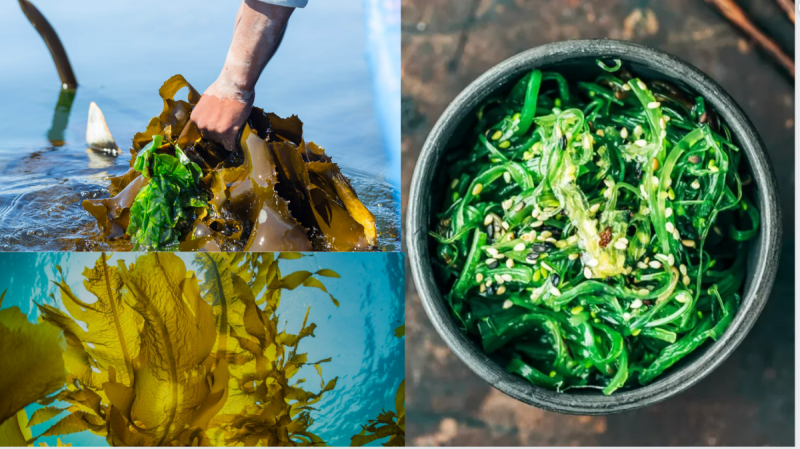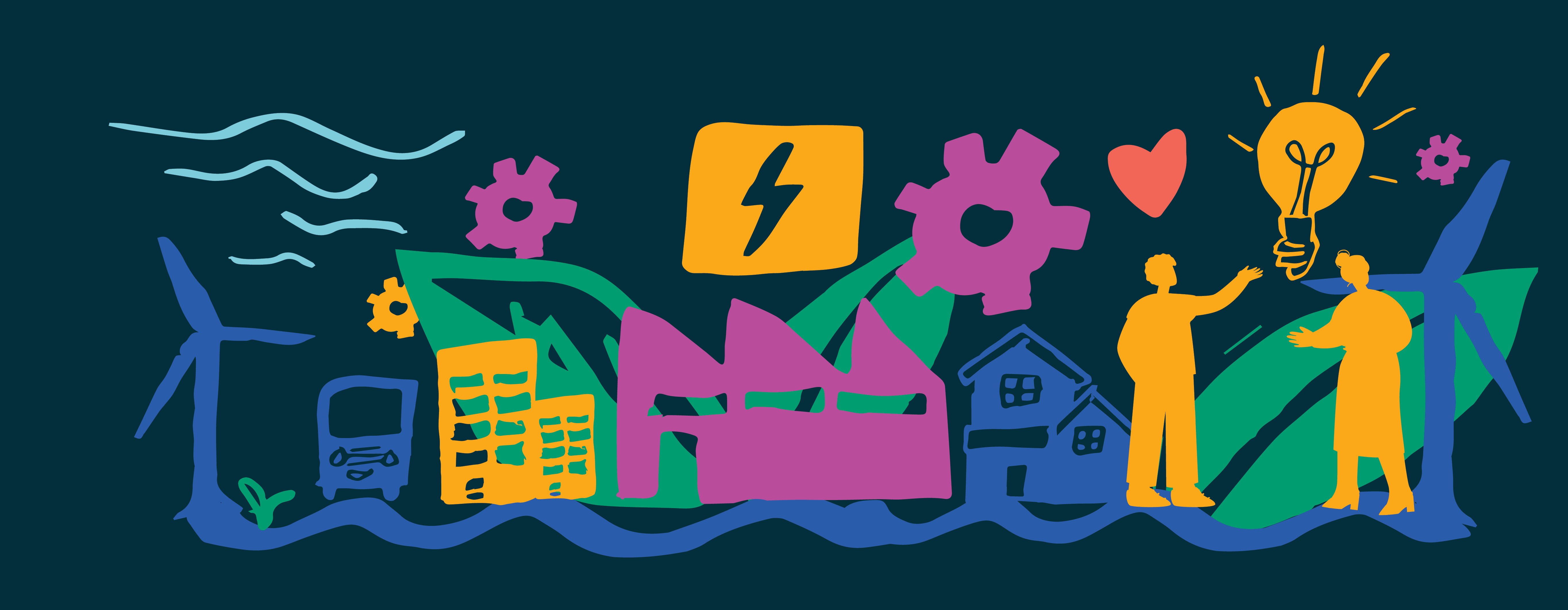
Food and Fibre Projects
Gippsland is embarking on a transformative journey that is shaping our future as a hub for innovation and sustainability.
Three promising industries—seaweed farming, industrial hemp, and vertical farming—are gaining traction, promising economic growth, environmental benefits, and new regional opportunities.
Button: Click here to find out more
Seaweed Farming: A Versatile Solution
Seaweed is rapidly gaining recognition worldwide as a versatile, sustainable, and nutritious source of protein. In Gippsland, this burgeoning industry offers a valuable protein source for humans and animals and is pivotal in addressing climate change. Certain Australian seaweed species have the potential to remove carbon from the atmosphere and reduce methane emissions in cattle and sheep.
Seaweed grows exceptionally fast, offering shelter, sustenance, and favourable water conditions for fish growth in a short timeframe. Seaweed farms have the potential to become complete ecosystems, promoting environmental harmony and synergistic aquaculture opportunities.
Discovering Opportunities
In April 2021, the LVA partnered with Food & Fibre Gippsland (link) to organize the "Gippsland Seaweed Symposium." The goal was to explore the potential of establishing a seaweed industry in the region. Following the symposium, the Deakin University Blue Carbon Lab was appointed to conduct preliminary research to survey potential locations, environmental conditions, and seaweed species in Gippsland to investigate their potential for commercial-scale cultivation.
Fast forward to 2022, and the findings from this research paint a bright future for seaweed in Gippsland. These positive results have spurred further developments in 2023, with the formation of the Gippsland Seaweed Innovation Network (GSIN). The GSIN will be meeting in October 2023 to discuss the potential of a seaweed cultivation trial in Gippsland, building on and testing these promising research findings.
Today, the LVA and Food & Fibre Gippsland continue collaborating with organizations such as the Blue Carbon Lab, local industry, government and Traditional Owners of the Land and Waterways, working diligently to identify suitable seaweed species and innovative farming methods. This includes the intriguing possibility of cultivating seaweed between offshore wind turbines, demonstrating the region's commitment to sustainable practices and environmental stewardship.
Industrial Hemp and Vertical Farming: A Dual Opportunity
Food & Fibre Gippsland and the LVA are also collaborating to promote regional growth and sustainability through projects focused on industrial hemp and vertical farming.
With its versatile uses in construction materials, textiles, sustainable packaging, and more, industrial hemp looks to be a promising avenue. The region's suitability for hemp production and processing is driven by existing land use, access to irrigated water, proximity to processing facilities, and low opportunity costs.
Although industrial hemp has shown some growth in Victoria, its production has been hindered by various challenges, such as limited harvesting, insufficient data, and misconceptions within the community. However, the potential of hemp is becoming increasingly clear, as it is a versatile crop with a wide range of applications across industries such as food, cosmetics, healthcare, construction, insulation, biofuels, and more. The global industrial hemp market is also experiencing rapid growth, with various hemp products emerging and increased demand due to its environmental benefits.
Vertical farming, a revolutionary practice, involves cultivating crops in stacked beds. These crops thrive hydroponically under LED lights, with AI systems controlling variables like temperature, humidity, CO2, and nutrients. Vertical farming produces higher yields using shorter growth cycles and minimal pesticides. It offers a controlled environment, impervious to floods and droughts. Vertical farming, or controlled environment agriculture, has the potential to complement existing agriculture and horticultural production.
An Exciting Journey Ahead
These initiatives, with a Gippsland-wide focus and the support of key partners like Federation University, CSIRO, RDV Gippsland, councils, Invest Vic, Gippsland Climate Change Network, and AgriFutures Australia, mark just the beginning of an exciting journey for Gippsland. The potential for these industries is immense, promising to reshape the region's economic landscape while fostering environmental sustainability.
Page last updated: 10 Oct 2023

